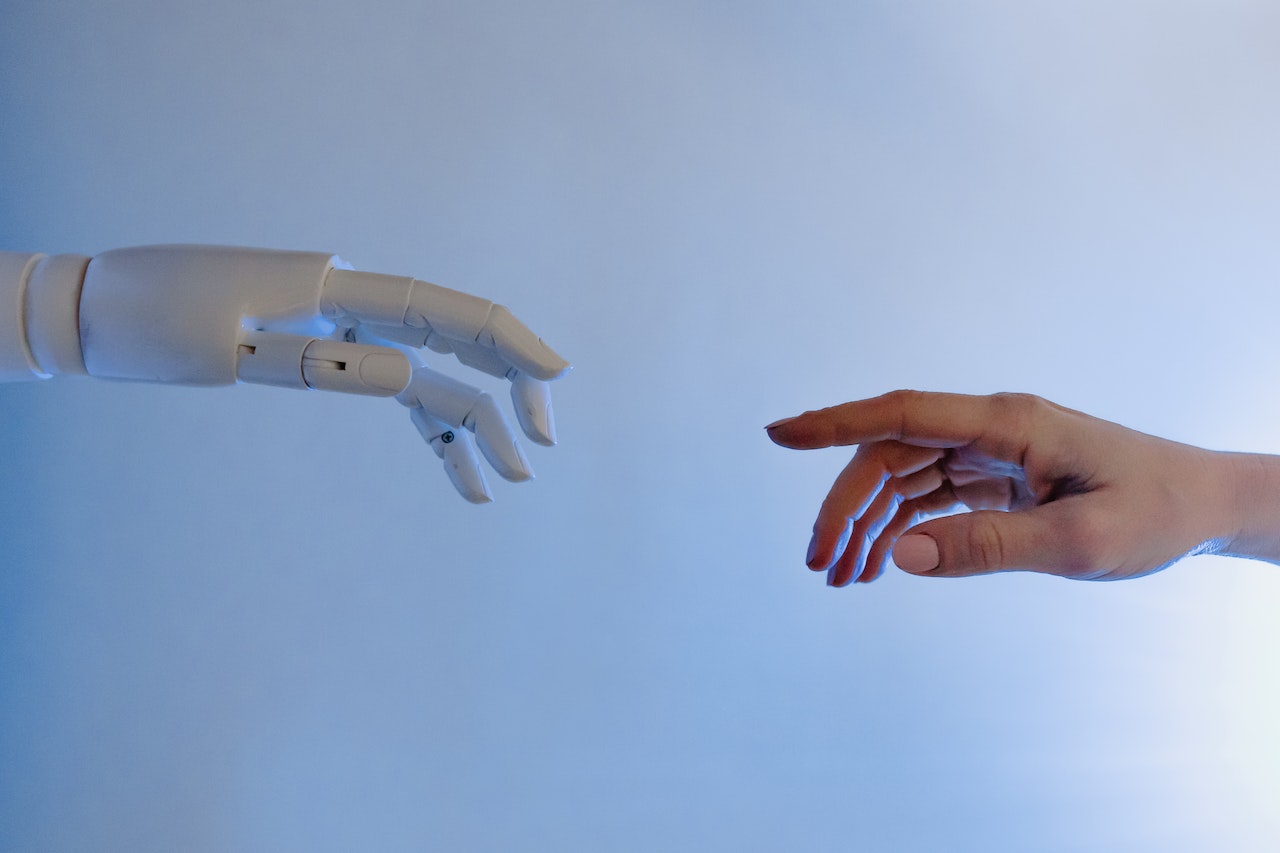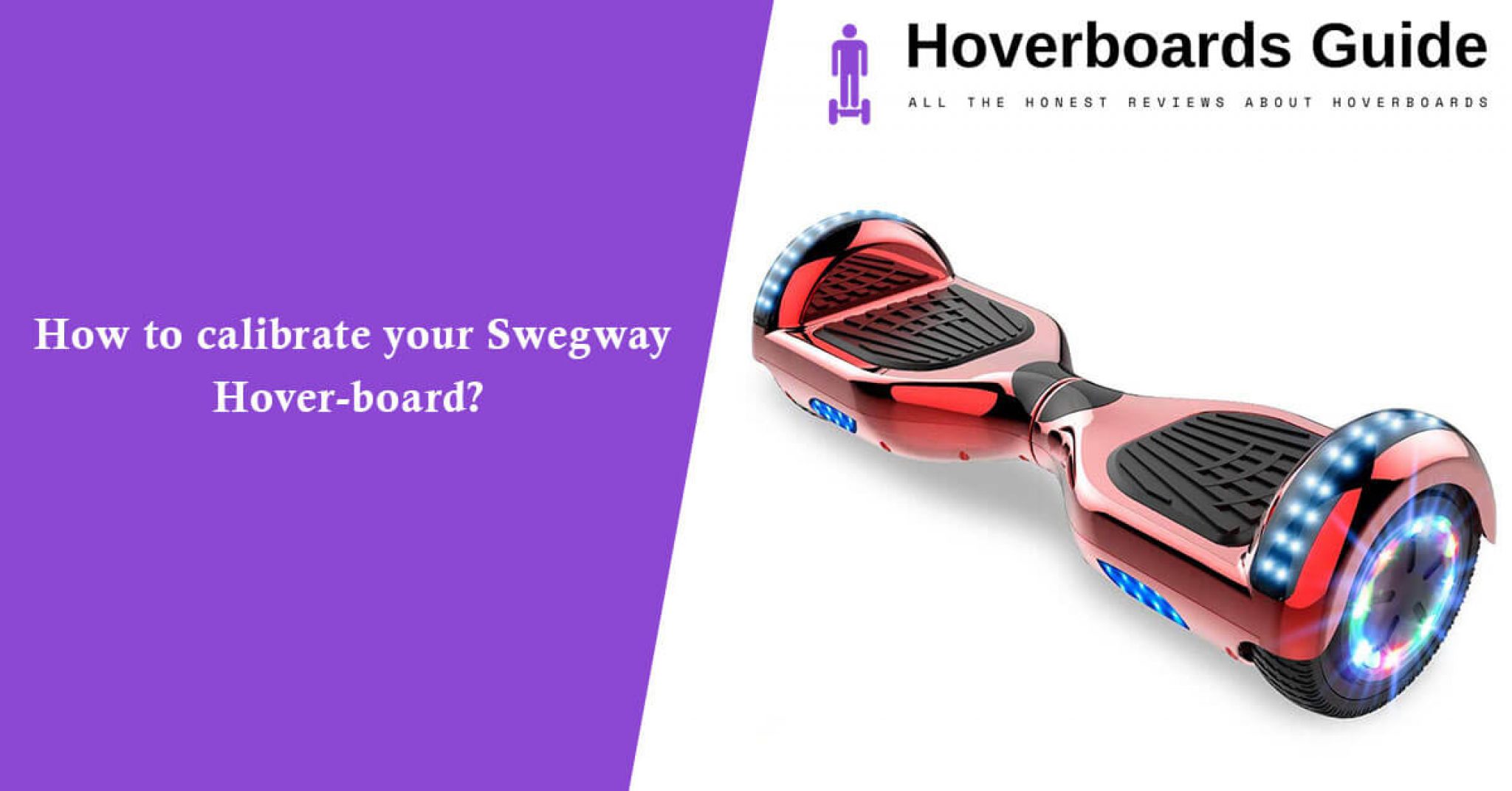Vacuum sealing is a popular method of food preservation that helps extend the shelf life of food. By removing air from the bag and creating an airtight seal, vacuum sealing slows down the process of spoilage and bacterial growth, preserving the freshness and flavor of food for a longer period of time. In this article, we’ll discuss the factors that determine how long food lasts in a vacuum sealed bag and what you can do to ensure the longest possible shelf life for your food.
What is Vacuum Sealing?
Vacuum sealing is a process of removing air from a food storage bag and sealing it in an airtight manner. How long will vacuum sealed food last in the freezer? This is usually done using a vacuum sealing machine, which sucks out the air from the bag and seals it, removing any oxygen that can cause spoilage and bacteria growth. Vacuum sealing is an effective way of preserving food, and both home cooks and professional chefs commonly use it.
Factors That Determine Shelf Life of Food in Vacuum Sealed Bags
There are several factors that determine how long food lasts in a vacuum sealed bag, including:
- Type of Food
Different types of food have different shelf lives, and this applies to food stored in vacuum sealed bags as well. For example, meats and dairy products have a shorter shelf life compared to grains and dried goods.
- Storage Temperature
The temperature at which the food is stored plays a crucial role in its shelf life. The ideal storage temperature for vacuum sealed food is between 32°F and 40°F. If the temperature is too high, the growth of bacteria will accelerate, leading to spoilage. If the temperature is too low, it can cause freezer burn, which will affect the quality and taste of the food.
- Quality of Vacuum Seal
The quality of the vacuum seal is also important in determining the shelf life of food. A weak or broken seal will allow air to enter the bag, which will accelerate spoilage. It’s important to ensure that the vacuum seal is strong and airtight to extend the shelf life of the food.
- Time Since Vacuum Sealing
The amount of time that has passed since vacuum sealing also plays a role in determining the shelf life of food. Generally, vacuum sealed food will last longer than food stored in traditional methods, but over time, the quality and freshness of the food will deteriorate.
How to Maximize the Shelf Life of Food in Vacuum Sealed Bags
There are several steps you can take to maximize the shelf life of food stored in vacuum sealed bags, including:
- Store Food at Proper Temperature
As mentioned, it’s important to store food at the proper temperature to extend its shelf life. The ideal temperature range for vacuum sealed food is between 32°F and 40°F.
- Use High-Quality Vacuum Sealing Bags
Using high-quality vacuum sealing bags can also help to extend the shelf life of food. Look for bags that are specifically designed for vacuum sealing and are made from materials that are safe for food storage.
- Seal Food Quickly After Preparing
Vacuum sealing should be done as soon as possible after preparing the food. This will help to minimize the amount of air that enters the bag, preserving the freshness and flavor of the food.
- Store Food in an Airtight Container
Once vacuum sealed, store the food in an airtight container to protect it from air and moisture
- Check the Seal Regularly
Regularly check the vacuum seal to ensure it’s still airtight. If you notice any weak spots or breaks in the seal, reseal the food to extend its shelf life.
Conclusion
Vacuum sealing is an effective method of food preservation that can extend the shelf life of food. By removing air and creating an airtight seal, Chamber vacuum sealing slows down the process of spoilage and bacterial growth. To ensure the longest possible shelf life for your food, store it at the proper temperature, use high-quality vacuum sealing bags, seal food quickly after preparing, store it in an airtight container, and regularly check the seal.
FAQs
- How do I know if my vacuum seal is still good?
A: To check if your vacuum seal is still good, simply press on the bag. If it feels firm and airtight, then the seal is still good. If it feels soft or air is escaping, then the seal is no longer airtight and should be resealed.
- Can I vacuum seal raw and cooked food together?
A: It’s not recommended to vacuum seal raw and cooked food together, as raw food can contain bacteria that can contaminate the cooked food. It’s best to store raw and cooked food separately.
- Can I freeze vacuum sealed food?
A: Yes, vacuum sealed food can be frozen. Freezing will extend the shelf life of the food even further. However, it’s important to store frozen vacuum sealed food at the proper temperature to prevent freezer burn.
- Can I vacuum seal liquids?
A: Yes, liquids can be vacuum sealed. However, it’s important to use a vacuum sealing machine that is designed for liquids, as traditional vacuum sealing machines can’t handle liquids.
- How long can I store vacuum sealed food in the refrigerator?
A: The amount of time that vacuum sealed food can be stored in the refrigerator will vary depending on the type of food and the temperature it’s stored at. Generally, vacuum sealed food can last in the refrigerator for up to two weeks.





